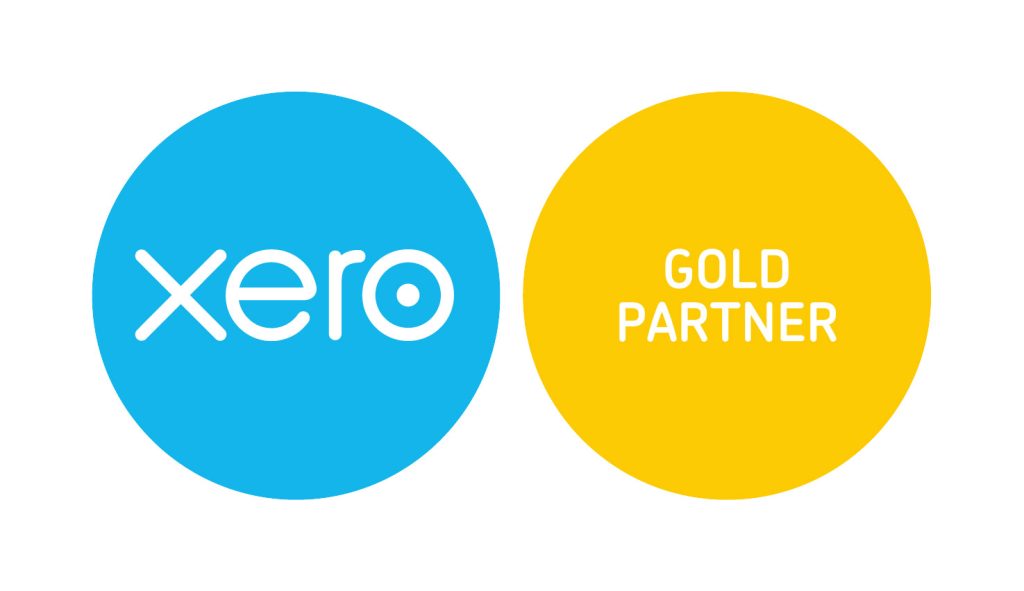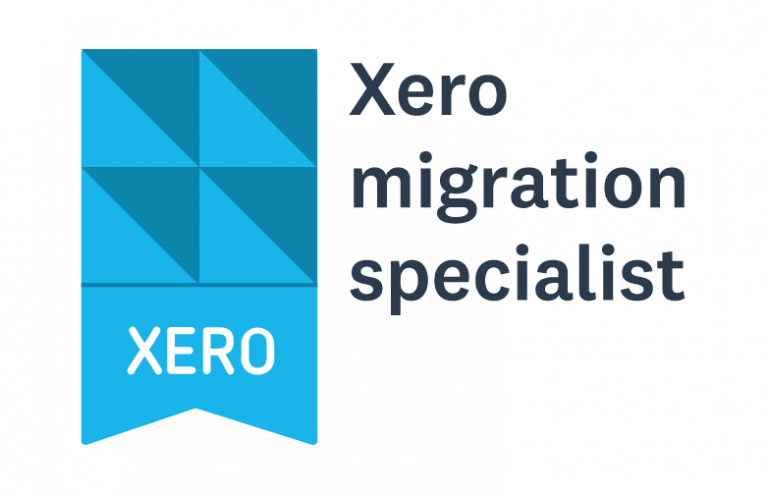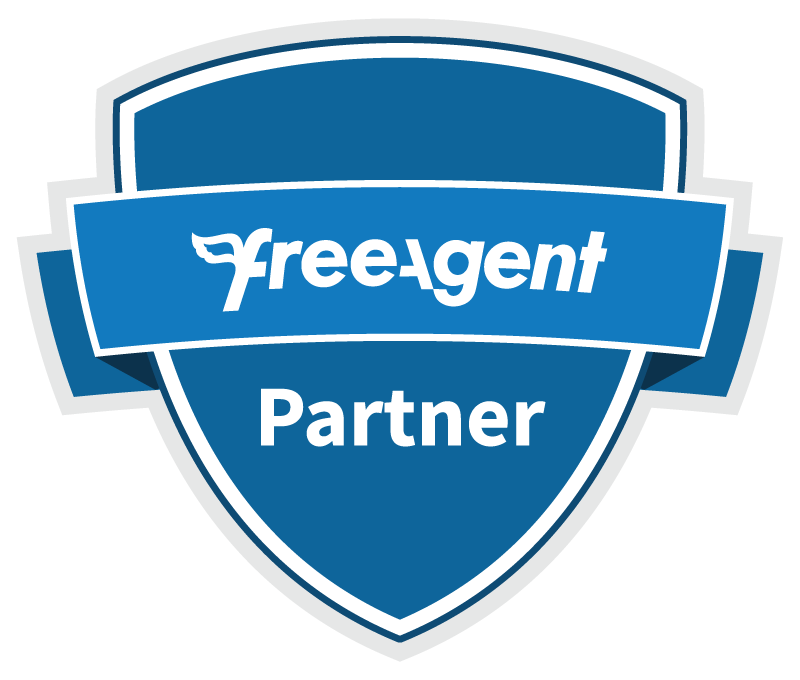VAT Accountants and Tax Advisors in Shropshire
To most people, Value Added Tax (VAT) is a complex matter that requires a certain amount of knowledge and understanding in order for your business to operate efficiently.
At Spotlight Accounting, our team of Shropshire based Chartered Accountants can advise you on the best VAT scheme for your business, assist with the registration and deal with HMRC on your behalf.
What is VAT?
VAT is a tax that is charged on taxable goods and services that a VAT registered business provides.
Whilst it is compulsory for businesses with taxable turnover (sales that are subject to VAT) over £85,000 to be VAT registered, small businesses can voluntary register where it is more tax efficient to do so.
Taxable supplies are goods and services where value added tax would be charged on if a business was VAT registered.
For example, funerals are an exempt supply (so no VAT is charged), so even if a funeral director has income over over £85,000 he will not be required to be registered for VAT as the service that they are providing is not a taxable supply.
A business will collect VAT charged on sales and then claim VAT that has been paid on purchases. These are reported monthly, quarterly or annually on a business’s VAT return.
What are the VAT rates in the UK?
There are currently three main rates of value added tax in the UK:
- Standard Rate of 20%
- Reduced Rate of 5%
- Zero rated of 0%.
The VAT rate charged depends on what is being provided.
For example, cakes sold in a supermarket are zero rated so VAT is charged at 0%, whereas biscuits are charged at a standard rate of 20%.
A full list of goods and services and the relevant rates can be found here.
What is included in a VAT return?
A VAT return includes the total sales and purchases, the amount of VAT charged on income, the amount of VAT paid on expenditure and the amount owed to HMRC.
Since the introduction of making tax digital, HMRC requires businesses to submit VAT returns digitally.
Other information included on the return includes the business’s VAT registration number and the VAT scheme that it uses.
What date is VAT return due?
VAT returns are due to be filed with HMRC one month and 7 days after the end of the VAT return period.
Where a direct debit is set up with HMRC, VAT payments will be taken one month and 10 days after the return period.
Making tax digital with Xero
Part of HMRC’s making tax digital requirements is that VAT accounting records are maintained in a digital format and submitted using compatible software.
At Spotlight Accounting, we recommend Xero as MTD compatible software and use it to deliver our VAT services. Xero accounting software is fully compatible with HMRC, and returns can be submitted directly from the accounting software.
You can find more about the benefits of Xero here!
FAQs
Do I need to pay VAT as a small business?
You are required to be VAT registered and pay VAT to HMRC if your taxable supplies are over the registration limited, which is currently £85,000. This limit applies to a 12 month rolling period and not the accounting period.
Businesses are required to monitor their turnover monthly rather than just with the year end accounts.
There are certain situations such as where a business is supplying VAT registered businesses or selling zero rated supplies such as children’s clothing, where it can be advantageous to voluntary register for VAT, as this will save tax.
It is always best to get VAT advice from a firm of VAT accountants. Whilst most businesses are registered for VAT it may not be right for you.
Is it illegal to not be VAT registered?
If your business is providing taxable goods and services in excess of the VAT registration threshold, then it is a legal requirement to be VAT registered with HM Revenue and Customs.
If your business has income below the registration threshold or is making exempt supplies, then there is no requirement to be VAT registered.
How often do I need to complete a VAT return?
Most will submit a VAT return to HMRC once a quarter. The quarter’s can run in line with the accounting period if the business chooses to do so.
Where businesses are in a VAT recovery position due to having reduced or zero rated supplies, it may be more beneficial to submit monthly VAT returns to get refunds from HMRC monthly rather than quarterly. This will help with cashflow.
What happens if my VAT return is late?
If your VAT return or payment is late, then this is referred to by HMRC as a ‘default’. The first time your VAT return is late the following will apply:
- If your turnover is more than £150,000, HMRC will issue a notice with a surcharge period on. Providing returns are filed on time and the company pays by the due date within that period, then no further penalties will be issued. If further payments or returns are late, then penalties will be applied.
- Where your turnover is less that £150,000, then you get a reminder letter the first time the return or payment is late. This is then followed by a surcharge notice the second time it is late, followed again by penalties.
Choose Spotlight Accounting for your VAT returns
VAT rules are complicated, with multiple rates that can be applied to similar products across a host of various schemes.
We would always recommend working with Chartered Accountants that are VAT specialists as they can provide advice and insights that will ensure that you are operating in the most tax efficient way.
Spotlight Accounting are a team of expert VAT Chartered Accountants, with a wealth of extensive experience working with clients and navigating them through their VAT.
We offer a comprehensive range of services including:
- Ensuring you are meeting your VAT obligations and deadlines through the preparation of quarterly, monthly or annual VAT calculations, and submission of your VAT return.
- Conducting a VAT health check to ensure that you are on the best VAT scheme for you business, and recommending registering early where it is tax beneficial to do so.
- Offering VAT advice either as a one-off project or on an ongoing basis. This can include VAT on property transactions including self build VAT reclaims for private individuals, and looking at partial exemption calculations.
- Completing the registration process for clients to obtain their VAT number.
- Should your business fall under enquiry for value added tax, we can also deal with HMRC on your behalf. Our team are experienced Chartered Accountants that have dealt with numerous inspections on behalf of our clients.
To find out more about how we can help, please fill in the contact form or get in touch and one of our VAT accountants will be in touch.
Contact Us
"*" indicates required fields







